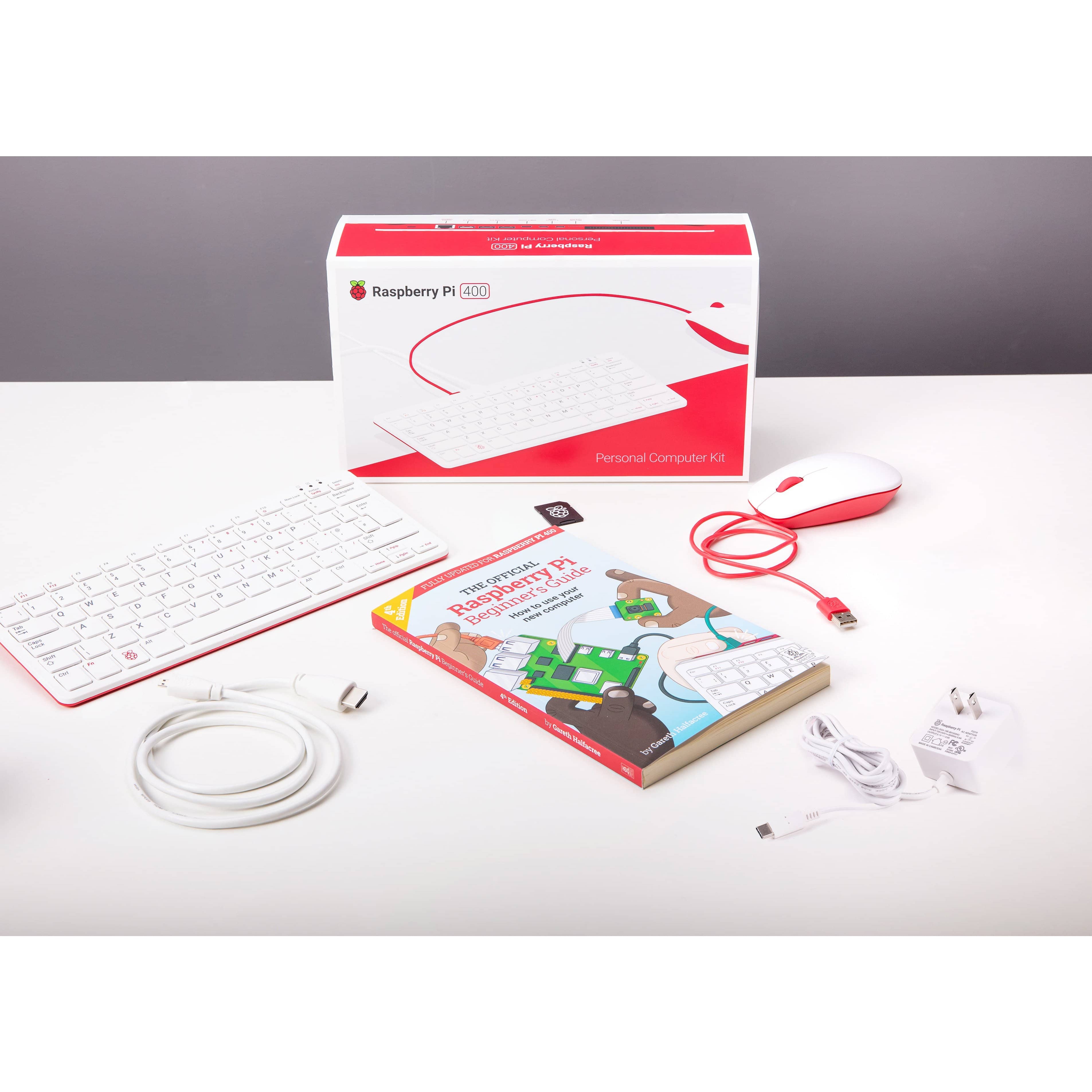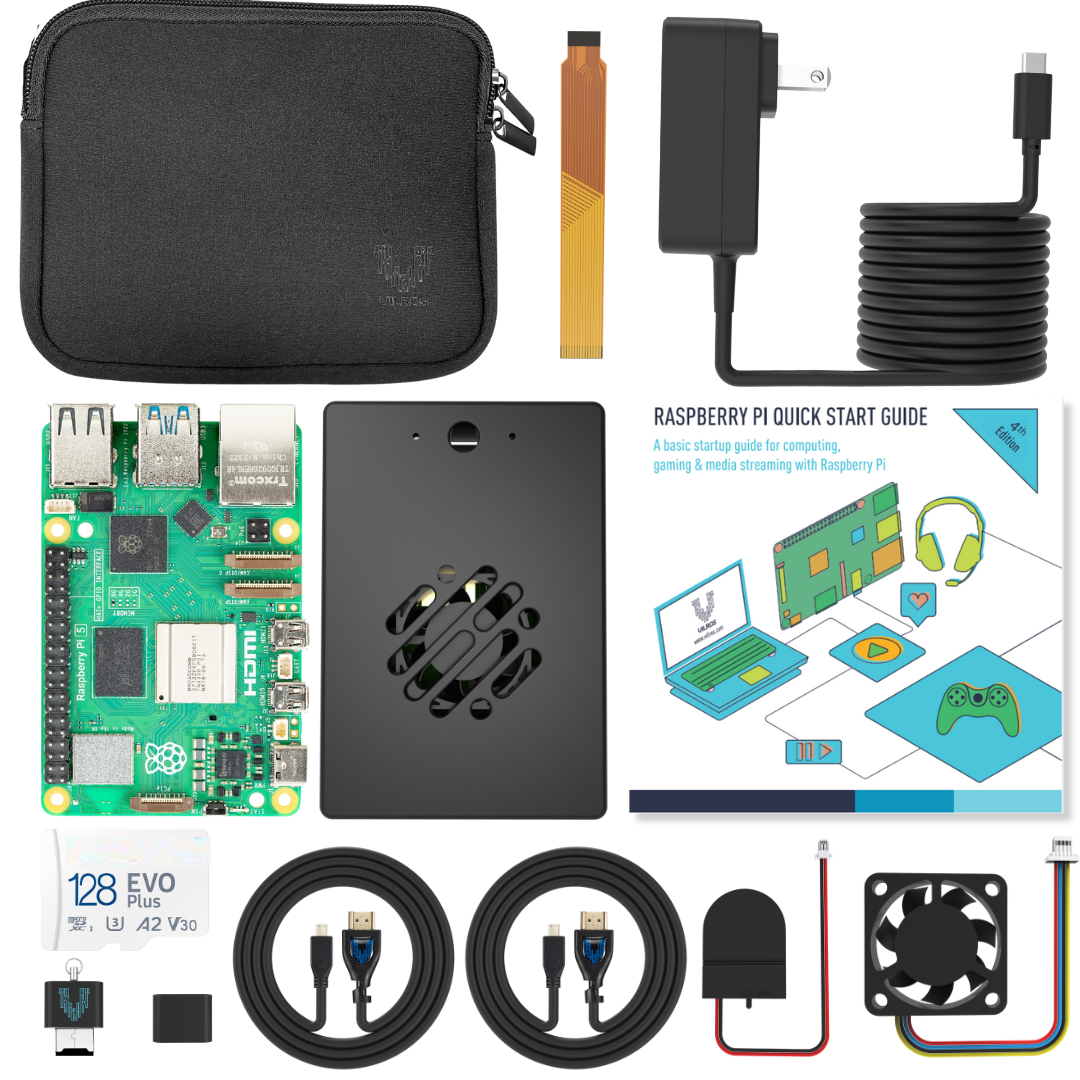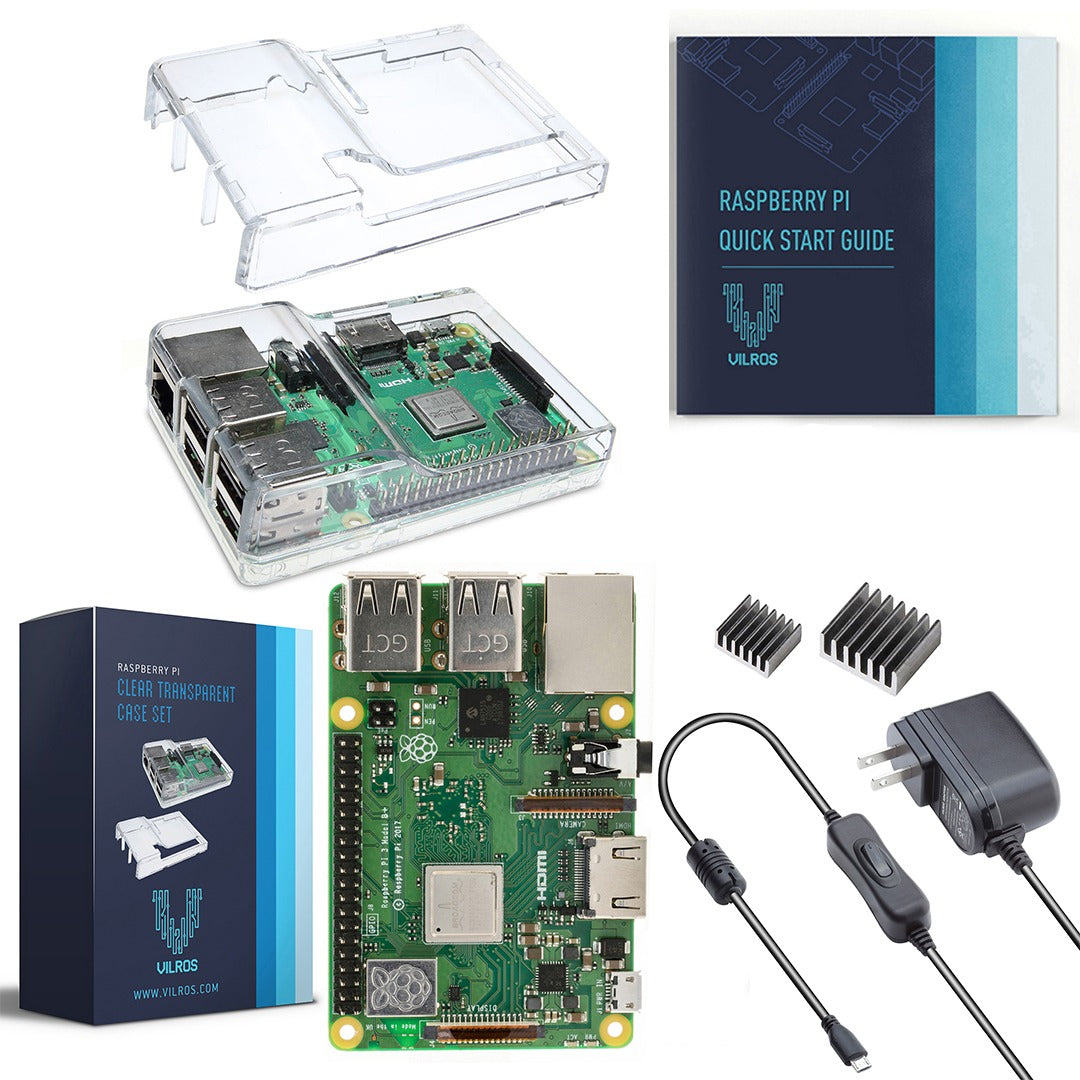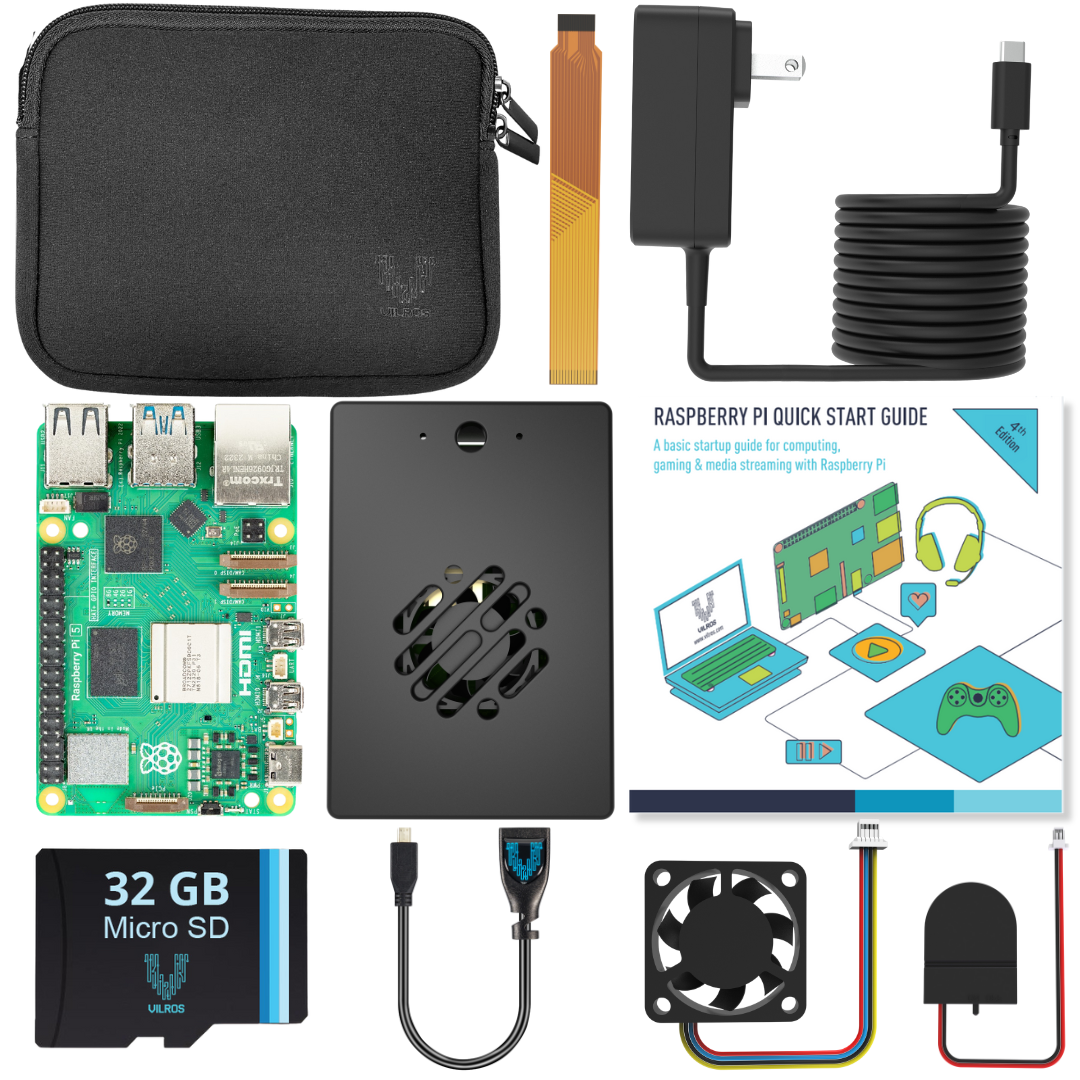
Raspberry Pi Provides Resources on “Universal Design for Learning” (UDL) To Support Computer Science Education for All Students
Raspberry Pi Provides Resources on “Universal Design for Learning” (UDL) To Support Computer Science Education for All Students
Traditionally, it’s not been easy to make sure all students learn computer science. Even though computing technology affects everyone living in the 21st century and jobs requiring computing knowledge and skills are in high demand, there are persistent diversity gaps in computer science.
In order to help educators to anticipate and address the barriers to learning that different student populations may face, researchers have been investigating new educational frameworks. One of the most promising is called “Universal Design for Learning” or UDL. This approach is even backed by neuroscientific evidence.
With its commitment to making computing technology accessible to everyone, Raspberry Pi is now providing resources on UDI to help make sure underrepresented populations of students will be inspired and empowered to become future technology experts.
A Neuroscience-Based Approach to Creating a Pedagogical Method
The UDL approach is based on neuroscience, specifically on evidence regarding how different networks in the brain work to process information. One key insight is that individuals vary in how these brain networks function and interact, which means that a one-size-fits-all traditional approach to education won’t work. Instead, there needs to be variations across different learning tasks to address the different cognitive needs of different individuals.
With UDL, teachers plan lessons according to three different principles each of which is related to a different brain network that is involved in learning. The goal is to provide learning activities that allow students to access the targeted objectives, feel engaged, build on what they learn, and internalize the knowledge for future growth and development.
The 3 Core Principles of UDL 
The UDL framework is organized according to three principles based on three different brain networks involved in learning. For each of these principles, teachers should plan for a variety of pedagogical activities in order to reach and support different students.
The three core UDL principles are:
- Engagement (Affective networks) – Students need to have an emotional engagement with the learning process, but engagement could come in multiple ways. For example, teachers could provide options for students to pursue different learning projects based on their pre-existing interests. Also, teachers could provide different means for encouraging persistence, such as accountability partners or regular discussion groups on the value of perseverance. Teachers can also provide different options for self-regulation, such as mindfulness or methods for venting frustration.
- Representation (Recognition networks) – Students have different cognitive needs for how information is represented and processed. Teachers can make accommodations for these different needs at different levels. For example, at the perceptual level, teacher can use multiple methods from textbooks to whiteboards to videos, ideally with options for adjusting visual and auditory settings. Also, teachers can use a combination of mathematical symbols, images, and language to convey information. For comprehension and assessment, teachers can allow a variety of projects in different forms to count for evaluation.
- Expression / Action (Strategic networks) – Students need opportunities to express and act upon what they have learned, but teachers can provide different options for both physical actions and forms of communication. For example, some students might need “assistive technology” such as a smaller mouse or a larger touchscreen. To encourage creativity of expression, teachers can offer starter code and let students go in different directions.
How Raspberry Pi is Supporting UDL for Computer Science Education
Are you curious to learn more about how UDL principles could be incorporated into your own learning journey or to support the students in your life? Raspberry Pi is partnering with organizations such as the Center for Applied Special Technology (CAST), which offers detailed guidelines for UDL and the Creative Technology Research Lab which has UDL lesson plans specific to computer science education.
Also, be sure to check out Raspberry Pi’s Computing Education Research Seminar Series, where Maya Isreal will be presenting UDL research on April 20th.
And be sure to come back for more articles here on our Vilros blog to find out the latest launches, initiatives, and programs from Raspberry Pi and Arduino.





